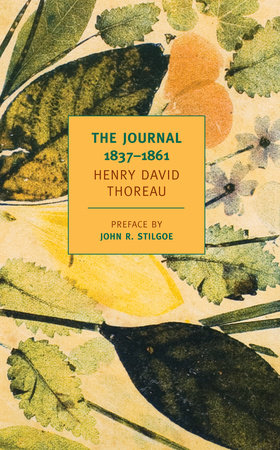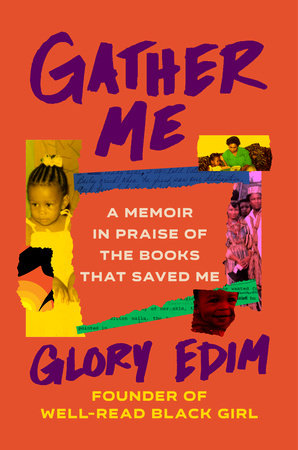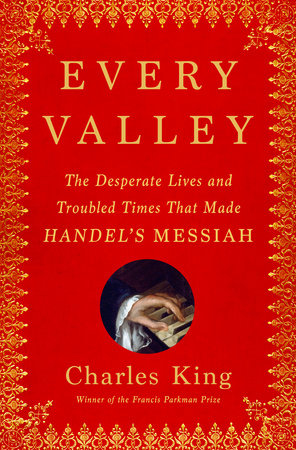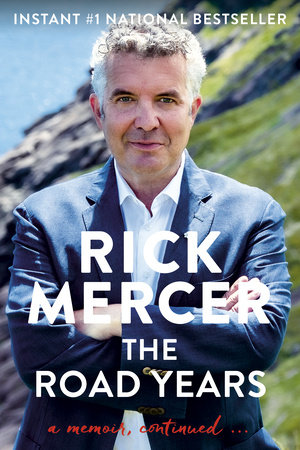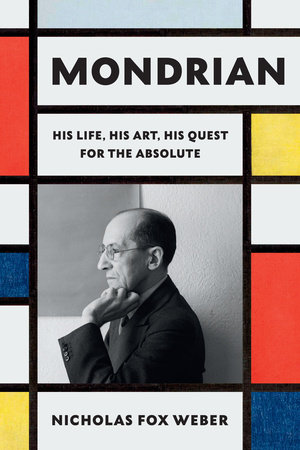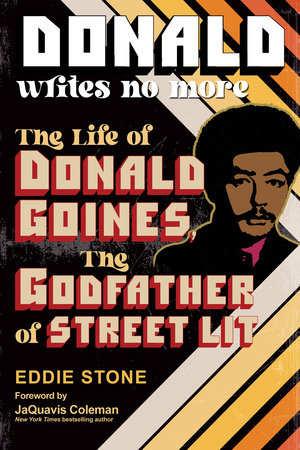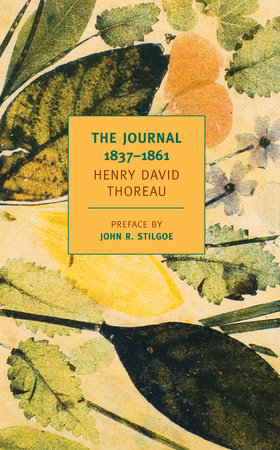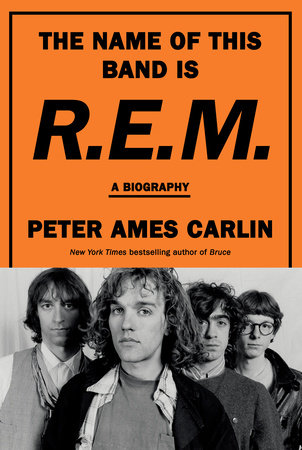Author Q&A
Interview of Damion Searls with Sara Kramer:
What was your first experience with Thoreau’s writings? Did you read him for pleasure, or as part of a class assignment? Did you feel an immediate rapport, or did he grow on you over time?
Instead of my last semester in college, I took a year off and spent the first half, January to June, living in a cheap sublet house—$150 a month I think—in Waterville, Maine. I picked Waterville because someone I knew in college was from there, and he helped me find a place to stay. On my first visit to this friend’s home, before I decided to move to Maine, I saw on a table in his house a little letterpress edition of Thoreau’s essay “Wild Apples,” and thought it was just brilliant.
I was a philosophy major and had studied with <a href=”http://en.wikipedia.org/wiki/Stanley_Cavell” target=”_blank”>Stanley Cavell</a>, whose works, incredibly, include the century’s best essay on Shakespeare, the best essays on Wittgenstein, the best book on Hollywood screwball comedies, and the best book on Thoreau: <a href=”http://www.powells.com/biblio/72-9780226098135-0″ target=”_blank”>The Senses of Walden</a>. So along with all the other books I read up in Maine, I read Walden, I think for the first time but I’m not sure any more. It was late to encounter him, and I wasn’t in school, but I had a guide to open up some of the depths of the book. It was fantastic.
When did you first encounter the Journal? How did the idea to edit an abridged edition, rather than a selection come about? And can you talk a little about how this edition differs from previous presentations of the Journal (apart from the complete, 14-vol. edition)?
I ran across the paperback 14-volume edition at <a href=”http://clog.dailycal.org/2009/11/05/black-oak-books-returns/” target=”_blank”>Black Oak Books</a> in Berkeley, California and bought it for $75. It was just an impulse. For years I would dip into it in small doses, read an anniversary entry from the same date as that day or flip around. He’s an incredibly relaxing writer. I love his lists, his names of plants. He is such a good writer that his lists are great.
And this aspect of the Journal wasn’t available to people. There have been selections from the Journal, but they all feel like grab-bags of the good bits, not the way reading the Journal really feels. Especially with Thoreau, snippets can feel sententious or bossy or crabby, and the Journal isn’t. You have to leave in the “boring bits”—because first of all, they’re not boring, and second of all, they’re what make the excerptable snippets as great as they are. There was no edition both big enough and holistically enough edited to capture the feel of the thing.
Thoreau said it himself: “I do not know but that thoughts written down thus in a journal might be printed in the same form with greater advantage than if the selected ones were brought together into separate essays. They are now allied to life, and are seen by the reader not to be far-fetched. . . . Perhaps I shall never find so good a setting for my thoughts as I shall have taken them out of. The crystal never sparkles more brightly than in the cavern” (1/27/1852 and 1/28/1852, with the great Thoreau pun on “far-fetched”: things you get from somewhere else are inherently less plausible than things from close to home).
I also thought we needed a contemporary edition that portrayed Thoreau as a complex emotional man, a committed writer, and a subtle philosophical thinker, without condescending to his scientific, ecological interests—the Thoreau we’ve learned to read from Virginia Woolf, Stanley Cavell, Rachel Carson, John Ashbery.
What will readers—even those familiar with Thoreau’s work—find most surprising in the edition?
How pleasurable it is to read Thoreau even when he’s not making a particular point. In his books and essays he’s usually trying to argue something, and he writes with the tone of someone absolutely sure of himself. This confidence is a big part of the thrill of reading him, but also why some people don’t like him. I think the self-doubt occasionally on display in the Journal, like the book’s looseness and openness, gives Thoreau, perhaps paradoxically, even greater integrity.
Speaking of self-questioning, the Journal has great questions in general. Why are mountains pointy? Why are the shadows on snow blue? Why do rivers wind back and forth? The ones he doesn’t answer are sometimes the most poetic.
And there’s just the scale of the thing. When you hear that Thoreau spent his life taking walks around Concord, it’s hard not to think that that’s ultimately kind of a waste, or at least pretty boring. Emerson already said that in his eulogy for Thoreau; even Thoreau had his moments of wondering. Well you read the Journal and it’s all so full, he wrote a longish essay about the events of the day, day after day, month after 80- or 100- or 120-page month, and not to be dutiful but because it was interesting. In my intro I quote a comment by Hans Richter about Kurt Schwitters that applies to the Thoreau on display in the Journal: his life was more full of incident each day than the entire Trojan War.
What is your favorite entry from the NYRB edition?
I don’t know that it’s my favorite, but I put the entry of December 25, 1851, in my query letter to NYRB, to argue that a new edition of Thoreau’s Journal was needed:
. . . It would be a truer discipline for the writer to take the least film of thought that floats in the twilight sky of his mind for his theme, about which he has scarcely one idea (that would be teaching his ideas how to shoot), faintest intimations, shadowiest subjects, make a lecture on this, by assiduity and attention get perchance two views of the same, increase a little the stock of knowledge, clear a new field instead of manuring the old. . . . We seek too soon to ally the perceptions of the mind to the experience of the hand, to prove our gossamer truths practical, to show their connection with our every-day life (better show their distance from our every-day life), to relate them to the cider-mill and the banking institution. . . . Do not seek expressions, seek thoughts to be expressed. . . .
I also discuss a couple other favorite moments in my introduction, including maybe my favorite line: “The bluebird carries the sky on his back.”
Is there anything you had to cut for space but that you wish you had been able to retain?
Most of the book! There’s basically 6,000+ more great pages where the NYRB edition came from. My first pass through the 14 volumes of the full Journal, making check marks or question marks in the margins and not worrying about the page count, ended up with about 1,200 pages of Yes and another 1,200 of Maybe.
I had wanted to keep more full entries, but ended up needing to shorten most of them. But I’m glad that the full entries that remain are indicated (with dates in all caps), so readers can browse for them. I also kept a year’s worth of months more full than the rest, with a list of them in the introduction, so readers can see more fully what April or August or October meant to Thoreau. That means there’s a 180-page book tucked inside the 670-page edition.
You’ve also edited an abridgment, or inverted abridgment, of Moby-Dick called <a href=”http://quarterlyconversation.com/half-of-half-of-moby-dick-the-damion-searls-interview” target=”_blank”>; or The Whale</a>—an edition that includes only the words edited out of the Orion Books abridgment Moby-Dick in Half the Time. Could you imagine a similar project for the Journal? What would the resulting book be like?
Well the resulting book would be 6,300 pages long, since the NYRB edition is only about a tenth of the whole. So I don’t think an inverted abridgment would work. Unless we took the first version I sent to the publisher, about 1,150 pages long, and subtracted the final, 700-page version…. I don’t think that would be as interesting as ; or The Whale. But there are all sorts of other ways to use the Journal as a source for other writing. <a href=”http://radiom.org/detail.php?et=lecture&omid=CMF.1977.08.XX.A” target=”_blank”>John Cage</a> wrote <a href=”http://books.google.com/books?id=soWEEG67MDIC&printsec=frontcover&source=gbs_v2_summary_r&cad=0#v=onepage&q=empty%20words%20wendell&f=false” target=”_blank”>several</a> major texts and <a href=”http://musicage.tumblr.com/tagged/Henry_David_Thoreau” target=”_blank”>pieces</a> using the Journal; I think a book made up of all the questions in the NYRB Journal would be great, like Neruda’s <a href=”http://carrieetter.blogspot.com/2009/08/pablo-nerudas-book-of-questions-part-1.html” target=”_blank”>Book of Questions</a>.
One of the points you make in your Introduction to this edition is that The Journal should be looked at as more than a log: that it is a book, as significant a work as any Thoreau intended for publication.
Yes, Thoreau’s journal started out as a notebook among others but after his first book, A Week on the Concord and Merrimack Rivers, was such a commercial failure, he reoriented his ideas about authorship, writerly vocation, and the meaning of publication. He later published Walden but the Journal was his great book, his “Book of Concord,” the one he quite consciously worked on as a systematic “calendar” of the ecology of his world. As I say in the intro, it was “an investigation of dailyness, seasons, and the relationship between self and nature—a hybrid and incompletable book but a book in its own right nonetheless, with an ecology all its own.”
I think Thoreau’s great insight, and his poetic method too, was to perceive the interaction of different systems: how the seasons affect water levels, how animals propagate seeds, how one growth of forest trees succeeds the previous one, how the lake affects the shore or the river the riverbanks, and most centrally how the life he led shaped Henry David Thoreau and vice versa. Very early on (page 7 in this edition), he says:
The hardest material obeys the same law with the most fluid. Trees are but rivers of sap and woody fibre flowing from the atmosphere and emptying into the earth by their trunks, as their roots flow upward to the surface. And in the heavens there are rivers of stars and milky ways. There are rivers of rock on the surface and rivers of ore in the bowels of the earth. And thoughts flow and circulate, and seasons lapse as tributaries of the current year.
Later he puts it more forcefully:
I was impressed as it were by the intelligence of the brook, which for ages in the wildest regions, before science is born, knows so well the level of the ground and through whatever woods or other obstacles finds its way. Who shall distinguish between the law by which a brook finds its river, the instinct by which a bird performs its migrations, and the knowledge by which a man steers his ship round the globe? (5/17/1854)
These parallels animate everything, so that for Thoreau the whole world is intelligent and alive, and that is what makes his writing so alive and so moving:
I planted six seeds sent from the Patent Office and labelled, I think, “Poitrine jaune grosse” (large yellow pumpkin (or squash?)). Two came up, and one bore a squash which weighs 123 1/2 lbs. the other bore four, [weighing 186 1/4]. Who would have believed that there was 310 pounds of poitrine jaune grosse in that corner of our garden? Yet that little seed found it. (9/28/1857)
The same is true for his Journal. The whole thing lives and breathes as an ecosystem of its own.
